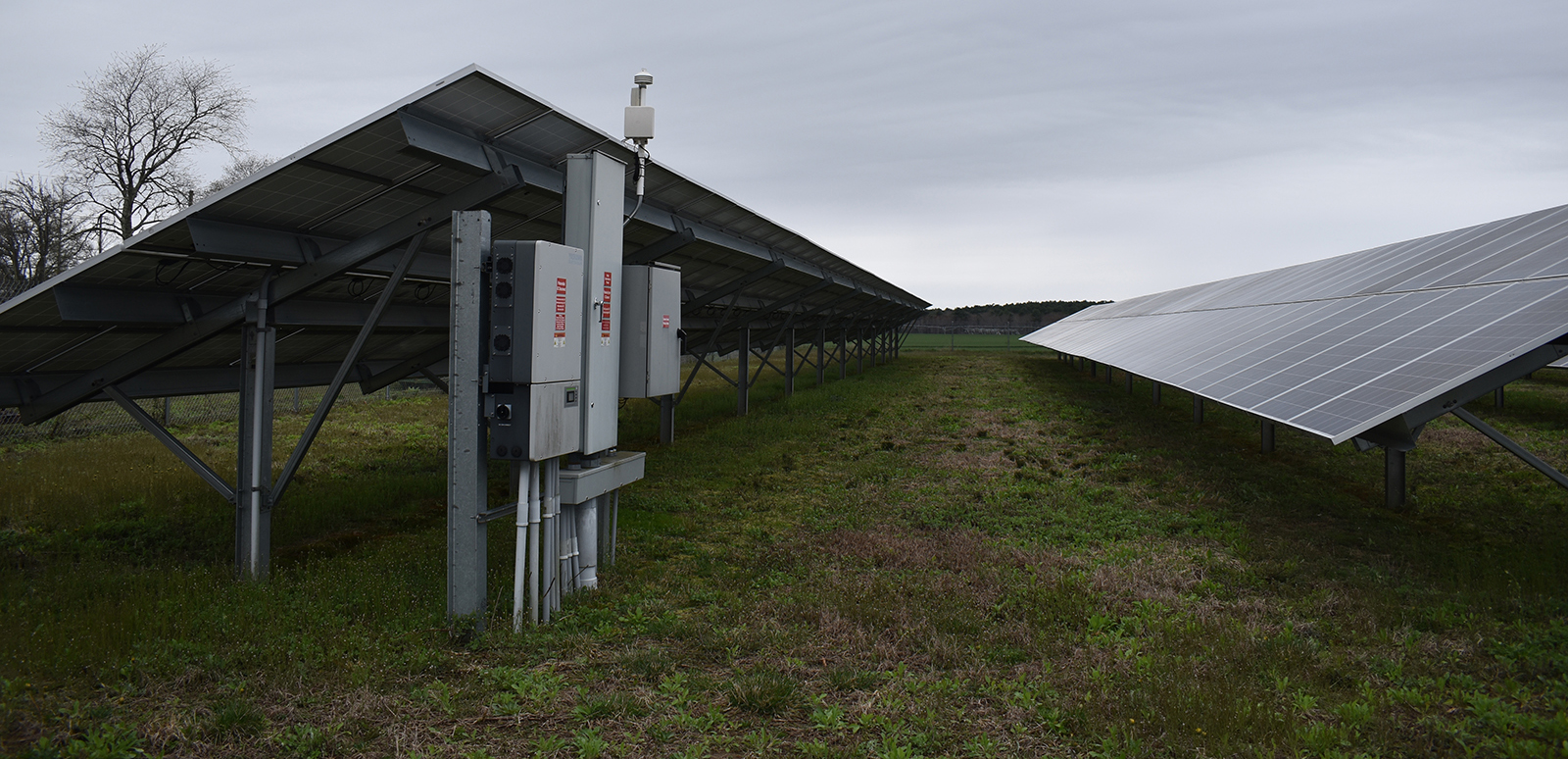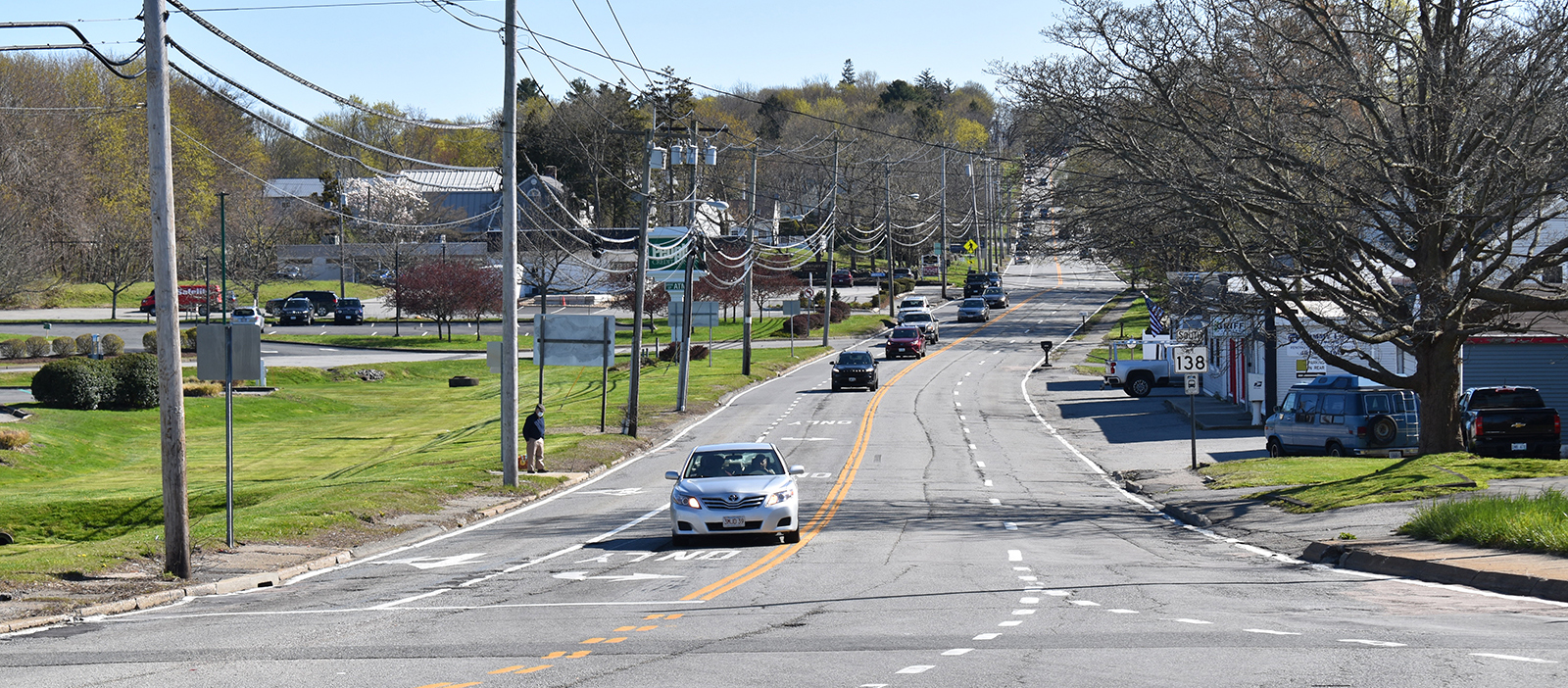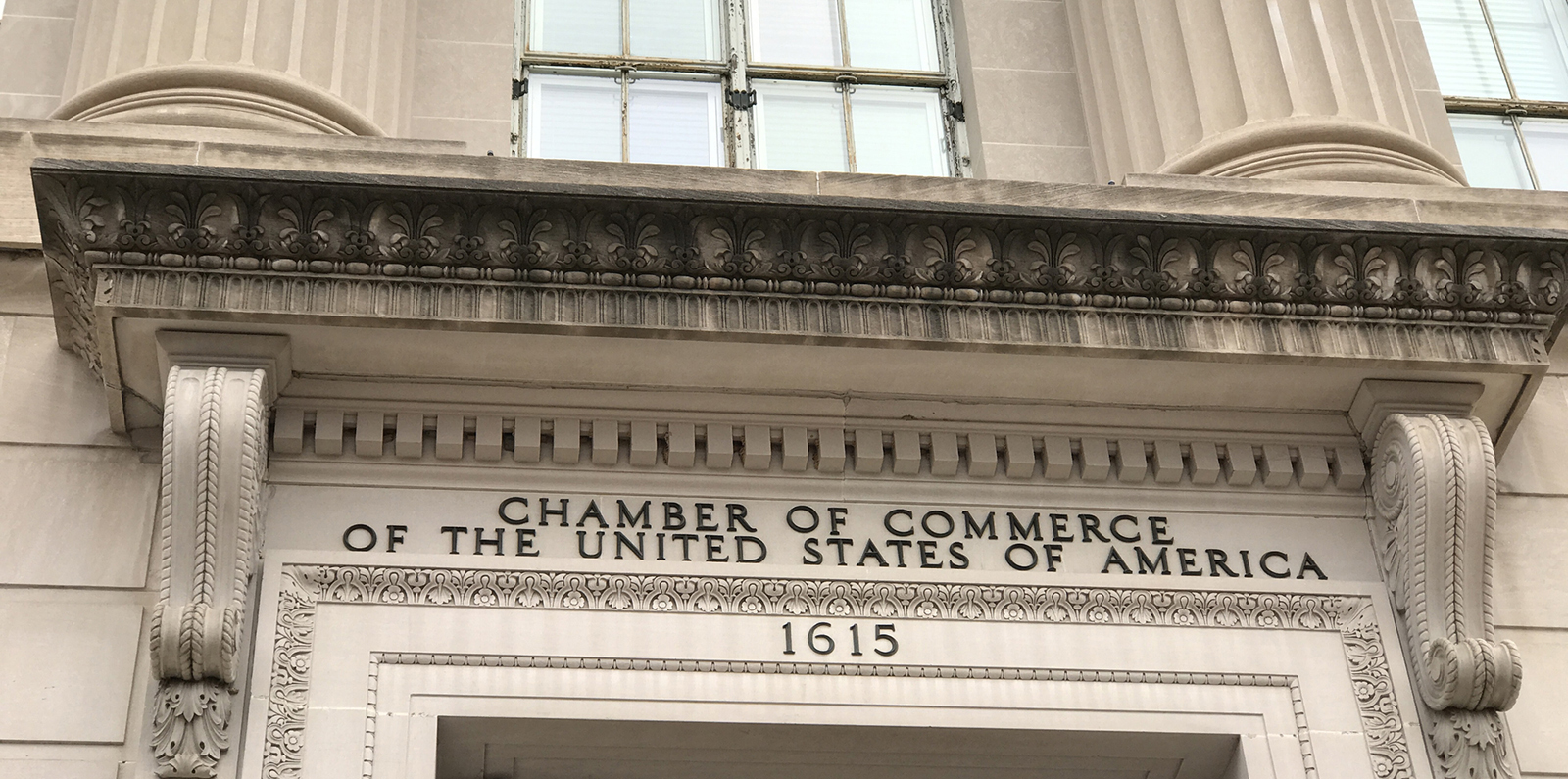We Are Destroying Magical World We Inherited for Wasteland of Make-Believe
October 19, 2023
The number of state-listed endangered and threatened animals in Rhode Island is approaching 100. Among those the state could lose include the northern diamondback terrapin, the eastern spadefoot toad, the northern spring salamander, the wood turtle, the bobcat, the barn owl, the northern harrier, a few warblers, and several beetles.
Add in some 400 plant species, including purple milkweed, northern blazing star, and green-headed coneflower, that are state endangered, state threatened or of concern and Rhode Island’s biodiversity picture is grim. (The trio make up some of my favorite wildflowers, for whatever that is worth.)
The worldwide view is bleaker, thanks to human greed, selfishness, ignorance, and our god complex. We’ve come a long way in the past 930,000 years, when humankind was, apparently, on the verge of extinction. Humans now represent 36% of all mammals in existence, and another 60% are mammals such as cows and other livestock bred to feed people. Only 4% of mammals are wild animals.
While we account for only 0.01% of the planet’s biomass, we wield a massive machete. We are fragmenting forests, destroying breeding pools, filling wetlands, killing coral, and melting sea ice simply because we can — and to make a select few of us gobs of money.
We’re carelessly reducing the amount of space for other living creatures. We don’t know how to share and, because of that, we’re increasingly alone. Instead of protecting the intelligent — and beautiful, and mysterious, and remarkable — life that surrounds us, we’re banking on artificial intelligence.
The ongoing sixth mass extinction is the first to be caused by a single animal: Homo sapiens. The previous five resulted from meteorites, asteroids, and extreme geological processes. This one is being driven, primarily, by our unsustainable use of land and water and by our continued burning of fossil fuels.
Entire branches of the evolutionary tree are being destroyed by us, according to a study published in September in the journal Proceedings of the National Academy of Sciences (PNAS). We’re destroying a magical world we inherited to live in a wasteland of make-believe.
Last month’s study examined 34,600 species of 5,400 vertebrate genera over the past five-plus centuries using several databases, including the International Union for Conservation of Nature. Since 1500, 73 mammal, bird, reptile, and amphibian species groupings have gone extinct — at a rate 35 times faster than if it had kept pace with the rate of the previous 65 million years, according to the research.
If trends had followed the average pre-human impact rates of extinction, just two would have been expected to disappear, the paper’s authors estimated. The Tasmanian tiger and the Yangtze dolphin were the last of their genus. Others lost include Hawaiian honeyeaters, the elephant birds of Madagascar, and New Zealand’s moa.
In the absence of human influence, it would have taken 18,000 years to see so many genera disappear, according to the authors.
We are a ruthless killing machine.
The populations of at least one-third of the known vertebrates are in decline and being squeezed into ever-smaller habitat, according to the study. For instance, at the beginning of the 20th century, there were 10 million elephants. Today, there are fewer than half a million.
This week federal wildlife officials declared 21 species found in 16 states and in the U.S. territory of Guam are officially extinct. The species — 10 birds, eight mussels, two fish, and the little Mariana fruit bat last seen in Guam in 1968 — had been listed as endangered for decades.

Our homogenization of the natural world is gutting the delicate balance that makes human existence possible — and fruitful. The creatures we carelessly discard and disregard enrich the planet and our lives. They also provide ecological equilibrium.
In the eastern United States, for example, our extermination of bears, cougars, and wolves led to an explosion of coyotes, white-tailed deer, and mice. Ticks that carry Lyme disease prefer to feed on the latter two.
Biodiversity losses are projected to accelerate in the coming years, because of habitat destruction, the climate crisis, and the illegal wildlife trade. In the worst-case scenario — all currently endangered species groups disappear by the end of this century — the rate would be 354 times above the average for the past million years, according to the PNAS study.
“Such mutilation of the tree of life and the resulting loss of ecosystem services provided by biodiversity to humanity is a serious threat to the stability of civilization,” the study’s authors wrote. “Immediate political, economic, and social efforts of an unprecedented scale are essential if we are to prevent these extinctions and their societal impacts.”
In southern New England, where much of the land has already been bulldozed, the solutions — beyond breaking our addiction to fossil fuels — are few: better protecting and rewilding the open space that remains.
Rewilding is a comprehensive, often large-scale, conservation effort focused on restoring biodiversity and ecosystem health by protecting core wilderness, providing connectivity between such areas, and protecting, or even reintroducing, apex predators and keystone species, according to the Rewilding Institute.
“The ultimate goal of rewilding efforts is to mitigate the species extinction crisis and restore healthy and sustainable ecosystem function in areas that require little or no human intervention or management,” according to the New Mexico-based nonprofit.
In Rhode Island, however, these solutions are wild ideas. Atrocious land-use management and a decades-long vision by shortsighted officials have left Rhode Island a carved-up mess.
Note: The male slender spreadwing damselfly, found in the Great Swamp Management Area in Exeter, R.I., in the lead photo was released without being harmed.
Frank Carini can be reached at [email protected]. His opinions don’t reflect those of ecoRI News.




I have been looking at these issues for more than 50 years and it just gets worse. Time to end the use of fossil fuels and restore ecosystems. And humans must restore ecosystems to end poverty as well
Yup. Let’s end fossil fuels and fill someone else’s pocketbooks by killing the oceans with windmills and leveling even more forestland for solar farms and Amazon warehouses
Simply ending fossil fuels is not the answer
Let’s all do what we can to support biodiversity in our own yards! (Those of us who have the luxury of yards.) While no substitute for large protected areas, we make a significant difference for preservation of plants, birds, insects, and microfauna by viewing our yards as functioning ecosystems instead of “picture-perfect” outdoor living rooms. Add native plants, end cosmetic pesticides, let lawns be a diverse mix of plants, mow higher, less, leave the leaves. I’ll be looking for some northern blazing star, purple milkweed, and green-headed coneflower for my yard, if growing conditions are right.
Little to no environmental education in our school systems. Environmental sustainable education should be a mandatory component of educational curricula. Hard to understand why it is not?
A bleak outlook, but the right time for a few unimaginable possibilities:
New Construction could be required to take place only on “previously disturbed areas.”
Master Conservation approvals in pan-New England States.
Wild Area biodiversity corridors throughout NE.
yikes Frank, that calls attention to a lot of bad news. I’ll note two other related factors that need to be addressed: One is the population keeps growing (even in RI, up about 150,000 in the decades I’ve lived here) each wanting habitat, resources, energy… we need to take steps to slow this but religious, ethnic, and economic growth zealots block progress; second is energy-intensive sprawl paving over more and more of the countryside fueled by the natural desire of many humans to have their own living space surrounded by green, disinvestment in cities, public opposition to density even in cities, and DOT policies promoting sprawl by more and more highway expansions (now 146, 37m I-95, 295…) so the public can commute even further out
Rhode Island is the only state in New England where there are no forests on state-owned land protected from logging. Then, you have DEM clearcutting in the state’s Natural Heritage Areas where rare and endangered species live. Finally, there is no Natural Heritage Program in Rhode Island to protect native Biodiversity while environmental groups are too busy helping the timber industry to care about the destruction of the state’s Natural Heritage Areas and DEM’s deforestation of our state lands. Rhode Island is an environmental mess.
This has been a great concern to me for many years. I feel so sad for wildlife as we destroy their natural habitat at such a greedy rate. My yard is a small sanctuary for wildlife and native plants. I do what I can. I believe all life forms are sacred. But its pretty inevitable humanity is on a path to pollute and destroy all forms of life, including ourselves. Someone once said that the Earth will be fine, it’s survived many changes for millions of years, but it is US we’ll end up destroying. That may be true. All that being said, it’s encouraging to read EcoRI News and know that there are other people who care too. It just seems like not enough people care, unfortunately until it’s too late.